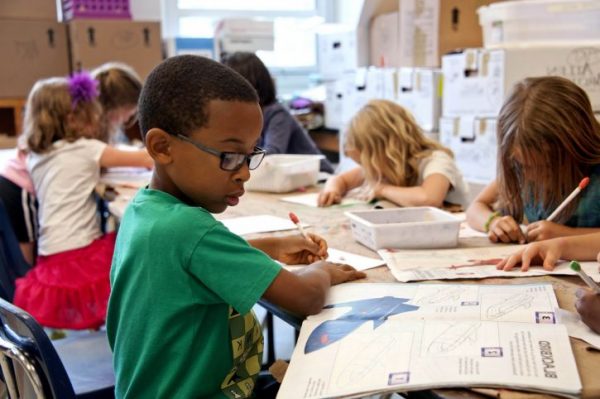
“Broken-windows” policing was a popular policing strategy in the 1990s that emphasized aggressive policing of low-level crimes as a way to reduce more serious crimes in an area. However, broken-windows policing led to racial disparities in stops and arrests in many cities where it was implemented. Recent research by Joscha Legewie and Jeffery Fagandemonstrates that such disparities in police stops and arrests can have far-reaching impacts on youth educational performance. Specifically, they found that in New York City, broken-windows policing led to diminished educational successes among African American boys in particular.
Legewie and Fagan tested the effect of policing program, “Operation Impact,” which began in 2004. Over its 10 years in existence, Operation Impact targeted high-crime areas of the city for increased stop-and-frisks of pedestrians and officers were encouraged to make arrests for low-level offenses. Legewie and Fagan argue that Operation Impact could have two potential impacts on educational performance among youth: 1) it could lead to major reductions in crime which could increase academic performance in high-crime areas or 2) it could diminish educational achievement due to negative direct and indirect contacts with police.
Operation Impact lowered educational performance of black boys in the neighborhoods affected, especially those between the ages of 13 to 15. They find that this reduced educational performance was related to decreased school attendance among African American boys, suggesting that this form of system avoidance may be partly to blame for bad test scores.
This research demonstrates how broken-windows policing strategies have had far-reaching consequences for opportunity gaps in education. The analysis suggests that while Operation Impact reduced violent and property crime rates, its costs to students’ educational success outweighed these crime reductions.

Comments